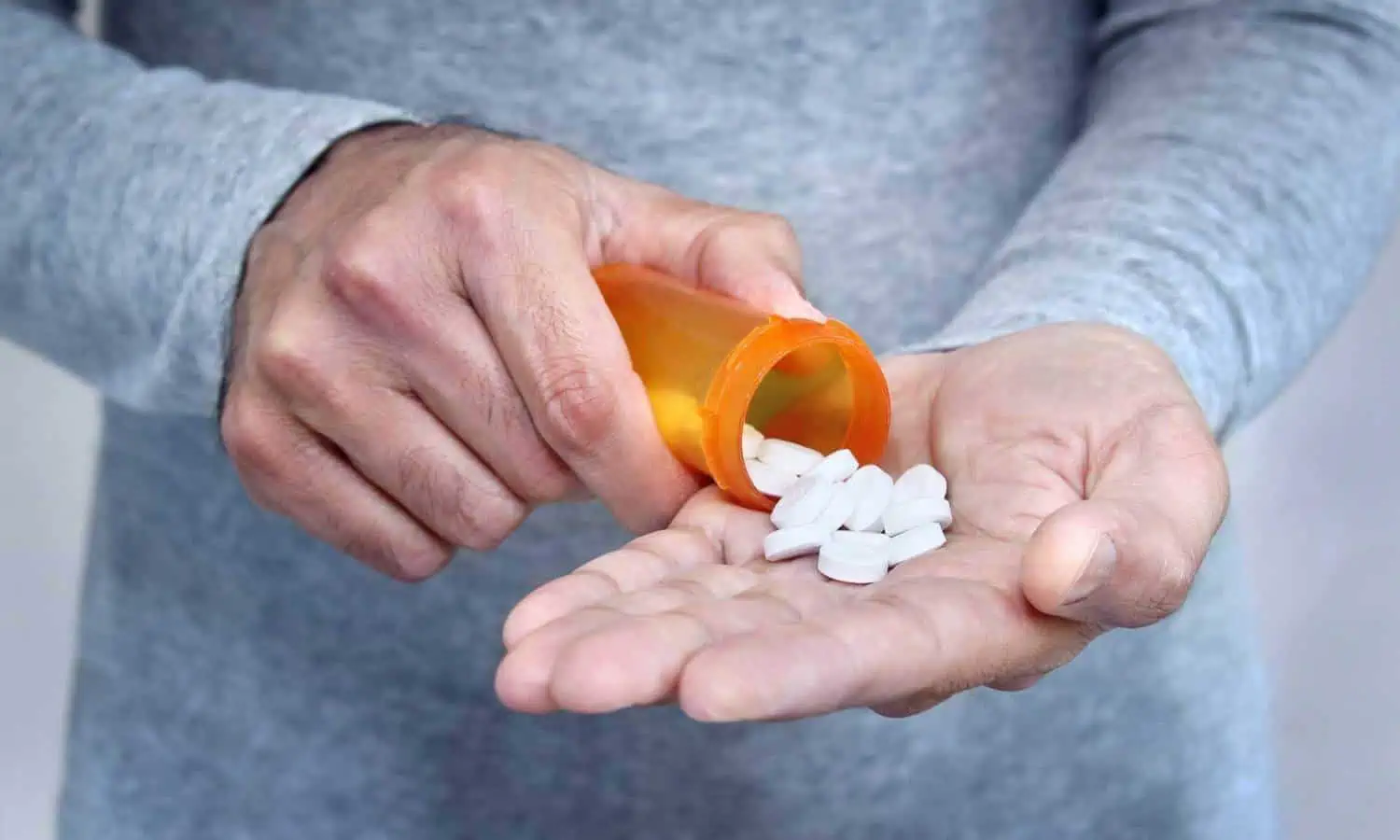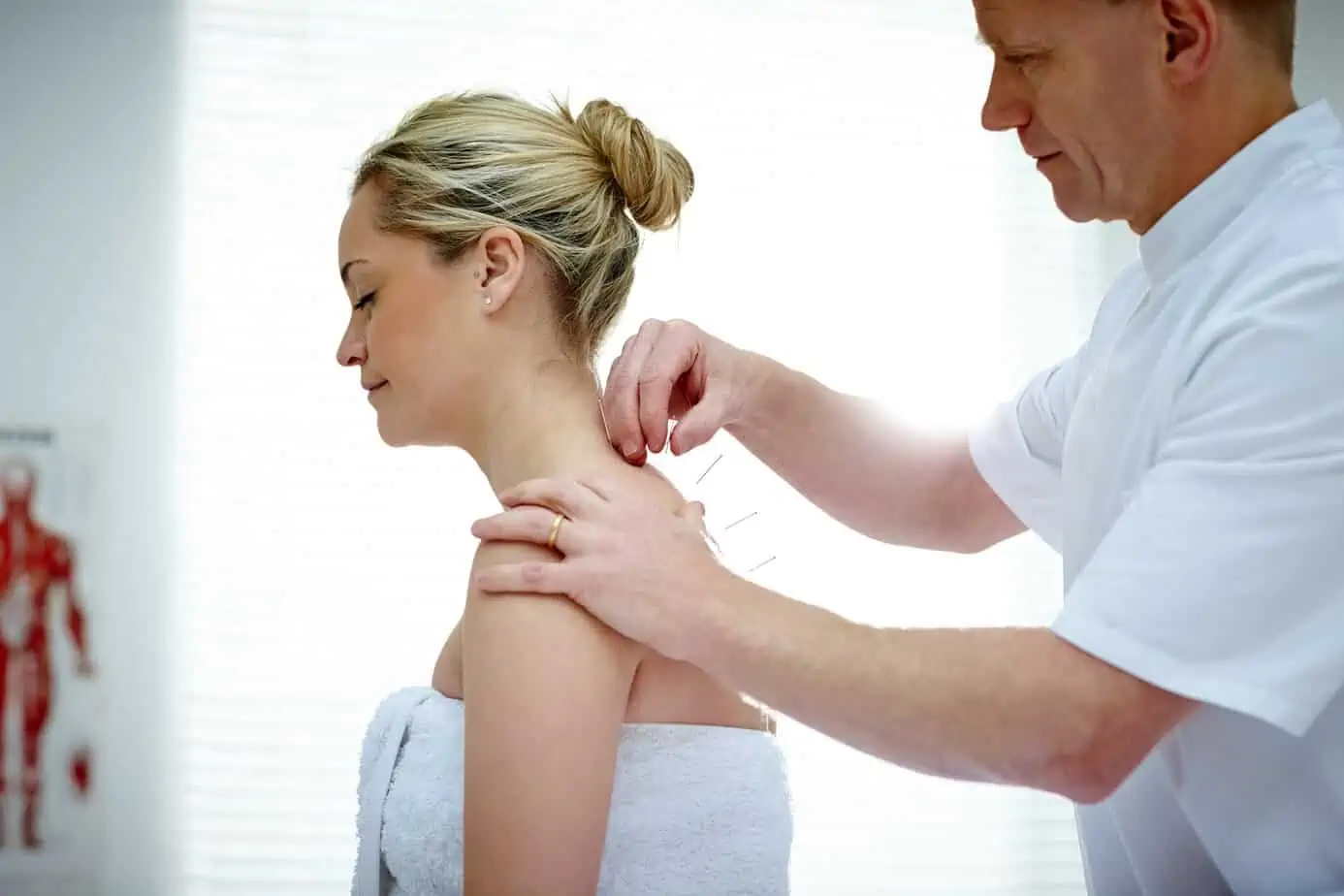Recognizing the need for resources for drug addiction rehabilitation can be an overwhelming and emotional journey. For many individuals grappling with addiction, the decision to seek help is often clouded by denial, fear, and uncertainty. However, understanding the signs that indicate a readiness for rehab can pave the way for a transformative journey toward recovery. Read on to learn about sober living and rehab, inpatient vs outpatient treatment, signs of addiction, and how to find help with drug addiction.
Understanding Addiction
Alcohol or drug addiction dependence is a multifaceted condition that affects not only the individual but also their loved ones. It can manifest in various forms, including SUD (meaning substance abuse disorder), and behavioral addictions. Understanding the nuances of addiction is crucial in recognizing when professional help is needed.
What Is Addiction?
Addiction is characterized by compulsive behavior despite harmful consequences. This chronic disorder often leads to a cycle of dependence, where the individual feels unable to function without the substance or behavior they are addicted to.
The Impact of Addiction
The effects of addiction can be devastating, impacting physical health, mental well-being, and social relationships. Common consequences include:
- Physical health decline: Chronic substance use can lead to serious health issues, including liver disease, heart problems, and respiratory issues.
- Mental health struggles: Many individuals with addiction also experience co-occurring mental health disorders such as depression and anxiety.
- Relationship strain: Addiction often leads to broken relationships, as loved ones may feel hurt, betrayed, or neglected.
Recognizing these impacts can help individuals understand the critical need for intervention and support.
Recognizing the Signs of Addiction
Identifying the signs that indicate a readiness for drug recovery treatment is essential for initiating the recovery process. Some of the most common indicators suggest it may be time to seek professional help from an addiction rehab center.
1. Feeling Exhausted by the Cycle of Addiction
One of the most evident signs that a person may be ready for rehab is a profound sense of fatigue and dissatisfaction with their current lifestyle, even if they appear to be a “functioning addict.”
- Emotional exhaustion: Individuals may feel drained by the constant struggle with addiction, leading to feelings of hopelessness and despair.
- Physical symptoms: Persistent fatigue, poor sleep quality, and declining health can serve as indicators that the body is overwhelmed by substance use.
Recognizing that the current path is unsustainable can be a powerful motivator for seeking detox or inpatient programs.
2. Desire for Change
When individuals realize they have become someone they never intended to be, it can lead to a strong desire to make some rehab calls for help.
- Identity crisis: Many people struggling with addiction experience a disconnection from their true selves, leading to feelings of shame and regret.
- Longing for authenticity: The desire to reclaim one’s identity and values can drive individuals to seek rehab to rediscover themselves.
This yearning for a more fulfilling life is a crucial step toward recovery.
3. Acknowledging the Consequences
As addiction progresses, individuals may face severe consequences, prompting them to confront their situation and seek an inpatient alcohol rehab.
- Legal and personal issues: Legal troubles, strained relationships, or health crises can serve as wake-up calls.
- Gift of desperation: This moment of realization can motivate individuals to choose life over self-destructive behaviors, signifying readiness for rehab.
Acknowledging the reality of their situation is vital for initiating the recovery journey.
4. Reconnecting with Loved Ones
Addiction often leads to isolation from friends and family. A desire to reconnect with loved ones can be a significant indicator of readiness for rehab or a drug abuse counselor.
- Longing for connection: People may feel a deep sense of loss and want to restore relationships damaged by their substance use.
- Prioritizing relationships: Recognizing the importance of loved ones over substances can signify a shift in priorities and a readiness to seek help.
This desire to rebuild connections can be a powerful motivator for entering rehab.
5. Taking Responsibility
A critical sign of readiness for an emergency detox center or rehab is the willingness to take responsibility for one’s actions and choices.
- Shifting mindset: Moving away from a victim mentality and acknowledging personal accountability can empower individuals to seek help.
- Embracing change: Accepting responsibility is often the first step toward making meaningful changes in one’s life.
This shift in perspective is essential for successful recovery, aftercare planning, and long-term sobriety.
6. Openness to Guidance
Being open to the support and guidance of others is a significant indicator that an individual is ready for outpatient mental health or rehab.
- Surrendering control: Recognizing that overcoming addiction cannot be done alone is a crucial realization.
- Seeking help: A willingness to accept help from professionals, support groups, and loved ones demonstrates a commitment to recovery.
This openness is vital for establishing a solid support system during rehab to create a relapse prevention plan.
7. Experiencing Withdrawal Symptoms
The presence of withdrawal symptoms can indicate a physical dependence on substances, signaling the need for professional intervention, particularly for alcohol or fentanyl addiction treatment.
- Physical signs: Symptoms such as shaking, sweating, anxiety, and nausea are common during withdrawal.
- Recognizing dependence: If people find themselves experiencing withdrawal when not using substances, it may be time to seek help.
Acknowledging these symptoms is crucial for understanding the severity of the addiction.
8. Declining Mental Health
Addiction often exacerbates existing mental health issues or creates new ones. Recognizing these changes can be a sign of readiness for rehab and help with drug addiction.
- Mental health struggles: Increased anxiety, depression, and mood swings can indicate that substance use is negatively impacting mental well-being.
- Desire for improvement: Acknowledging the need for mental health support alongside addiction treatment is essential for holistic recovery.
This awareness can motivate individuals to seek comprehensive treatment options and explore detox vs. rehab options.
9. Financial Instability
Financial difficulties resulting from addiction can serve as a wake-up call for individuals.
- Money mismanagement: If individuals are unable to manage their finances due to spending on substances, it may indicate a need for help.
- Prioritizing substance use: When substance use takes precedence over basic needs, it’s a clear sign that professional intervention is necessary.
Recognizing the financial implications of addiction is vital for initiating the recovery process.
10. Concern from Loved Ones
When friends and family express concern about a person’s substance use, it is often a sign that help is needed.
- Listening to feedback: Loved ones may notice changes in behavior, health, or relationships that the individual may not recognize.
- Seeking support: Taking the concerns of loved ones seriously can motivate individuals to seek help before the situation worsens.
This external perspective can provide valuable insight into the need for rehab.
11. Neglecting Responsibilities
A decline in personal responsibilities can indicate that addiction has taken control of one’s life.
- Work and family life: If individuals are neglecting work, school, or family obligations due to substance use, it may be time to seek help.
- Impact on daily life: Recognizing that addiction is interfering with daily responsibilities is crucial for understanding the need for rehab.
This acknowledgment is a vital step toward recovery, sober living, and rehab.
12. Unsuccessful Attempts to Quit
Repeated unsuccessful attempts to quit using substances can signal a need for professional help.
- Recognizing patterns: If individuals have tried to stop using substances but have been unable to do so, it may indicate a deeper issue.
- Seeking support: Understanding that professional help can provide the tools and resources needed for successful recovery is essential.
This realization can empower individuals to take the next step toward seeking help.
Taking the First Step
If you or a loved one recognize these signs, it is essential to take the first step toward seeking help. Entering a rehabilitation program can provide the necessary support, guidance, and resources for overcoming addiction. You may have many questions, such as, “How does drug rehabilitation work” or “How long does a substance abuse program take?” A typical inpatient program is around 30 days, while a detox program lasts five to seven days. Optional extended care could be 90 days or longer.
Finding the Right Rehab Program
Choosing the right rehab or detox inpatient program is crucial for successful recovery. Consider the following factors:
- Types of treatment: Research various treatment options, including inpatient, outpatient, and detox programs.
- Personal needs: Consider individual needs, preferences, and any co-occurring mental health disorders.
- Support systems: Look for programs that offer comprehensive support, including counseling, therapy, and peer support groups.
Seeking Help
Don’t wait until the situation becomes dire. If you recognize the signs of readiness for rehab, reach out for help. Contact a local addiction rehab center or a drug abuse counselor to explore treatment options and begin the journey toward recovery.
If you or a loved one is struggling with addiction, Mountainside can help.
Click here or call (888) 833-4676 to speak with one of our addiction treatment experts.

 By
By 







